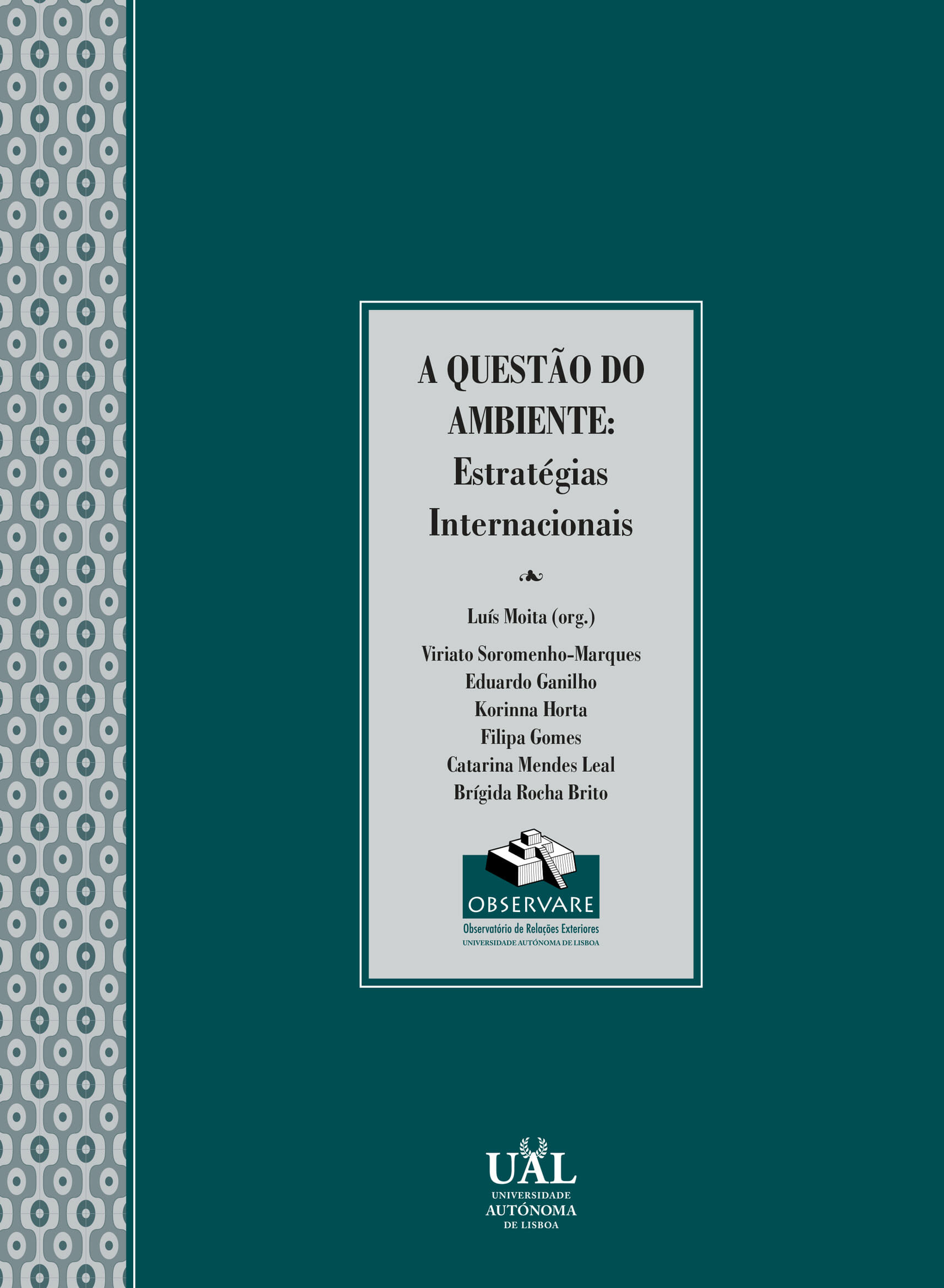In the last half century the perception that environmental issues are problems of international relations has grown.
If, a few decades ago, the issues of air pollution or soil contamination might have seemed like “domestic” issues, the internationalisation of these and many other issues has become unavoidable evidence.
Already in the 1970s it was clear that the devastation of the Black Forest of Bavaria was due to acid rain caused by industrial pollution from distant areas.
And in the following decade the Chernobyl disaster revealed dramatically that the radioactive cloud did not recognize the layout of borders and reached distant countries.
What is more, the scale of the problems was not just cross-border, it was literally global: ozone layer, climate change, international carbon trading, toxic waste… We are witnessing the globalisation of this problem.
At a time in history when humanity is aware of itself as a whole, the perception that we inhabit a single ecosystem on planet Earth has contributed decisively to that awareness.
Ecology is a determining factor in the globalisation process.



